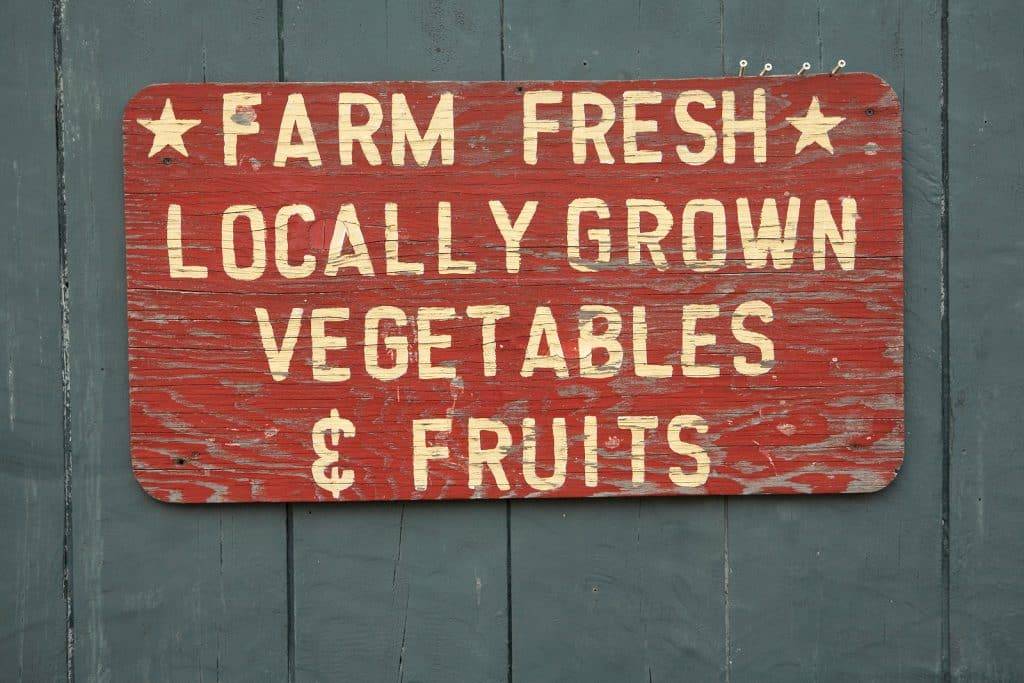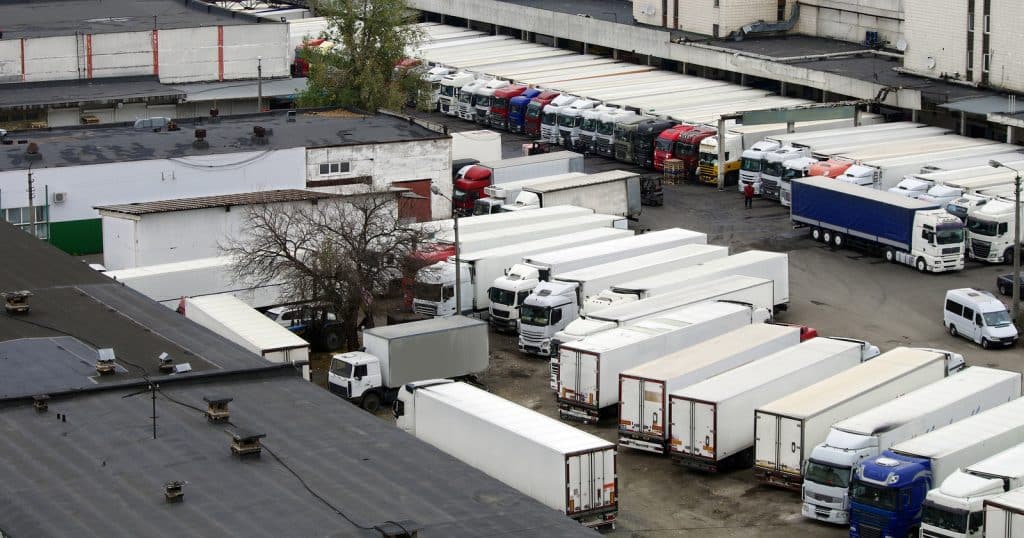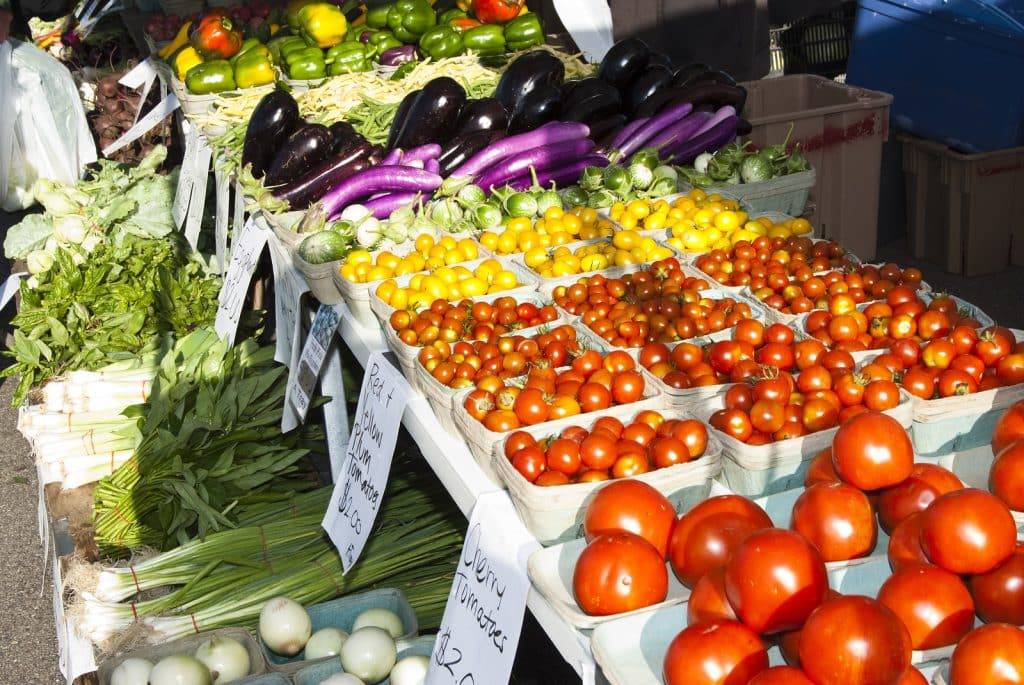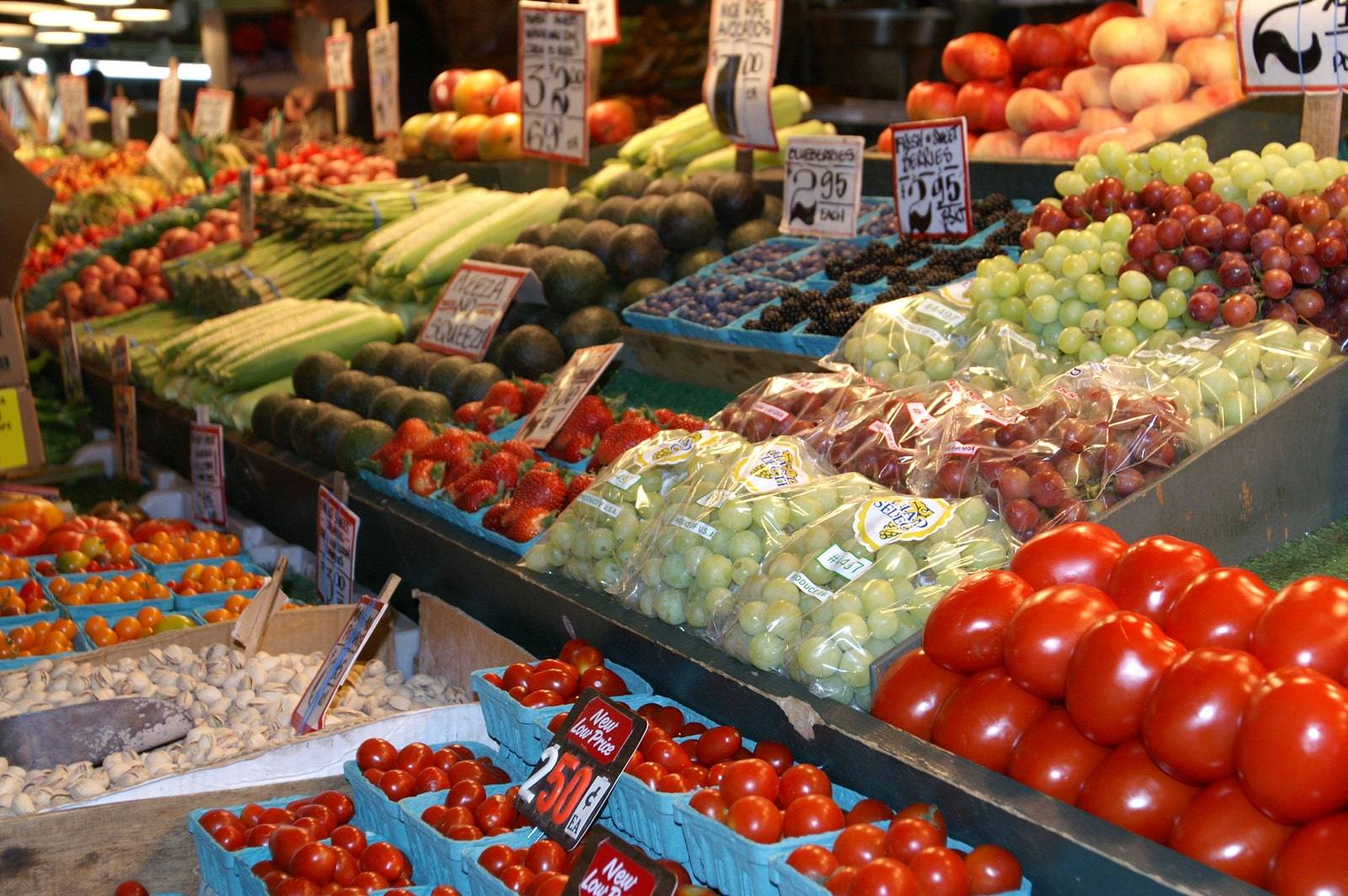When you visit a farmers market, you’re likely expecting a direct connection to local agriculture—freshly harvested fruits and vegetables, handmade goods, and the opportunity to support small farms. Unfortunately, growing investigations reveal a darker truth: some vendors at farmers markets are misleading customers about the origin of their produce and products.
Table of Contents
This phenomenon—vendors buying from wholesale suppliers and passing it off as homegrown—is no longer isolated. It’s happening across North America, from California to Ontario, and it’s undermining the trust we place in our local food systems.
What Are Farmers Market Lies?
Farmers market lies occur when vendors misrepresent where their produce or products come from. Instead of selling their own locally grown goods, some vendors purchase items from large distributors or food terminals and present them as freshly harvested from their own farms.
This misleading practice has serious implications. Shoppers who believe they’re supporting small-scale sustainable agriculture may unknowingly be fueling the same industrial food supply chains they’re trying to avoid.
Evidence from Investigative Journalism
In 2010, CBS News uncovered that major chains like Safeway and Albertsons set up simulated farmers markets outside their stores to capitalize on the locavore movement. The fruits and vegetables weren’t local or even fresh—they were typical grocery produce dressed up in rustic displays.
Similarly, a CBC Marketplace investigation in Ontario, Canada, found multiple vendors falsely claiming their produce was locally grown. The journalists used hidden cameras and traced produce back to wholesale food terminals rather than family farms.
In the U.S., Tampa Bay Times reporter Laura Reiley published the bombshell article “Farm to Fable” in 2016, exposing that only 16 out of nearly 350 vendors at farmers markets were actual growers. The rest were simply resellers. Her work won national acclaim and spurred conversations about the need for stricter regulation.

The Problem with Resellers
There are two types of vendors commonly seen at farmers markets:
- Resellers – These individuals buy products—often in bulk—from wholesalers, food terminals, or even grocery store surplus. They then repackage or rebrand it as farm-fresh. Some even go as far as creating stories about their supposed family farms or handcrafted methods.
- Producer-Only Vendors – These are the genuine farmers and artisans. They grow, harvest, or make everything they sell. True producer-only markets require vendors to sign affidavits and agree to inspections or audits.
Unfortunately, the difference isn’t always clear to customers. Resellers often blend in with true producers, presenting themselves with similar displays, pricing, and marketing language.
How to Spot a Fraudulent Vendor
To protect yourself and ensure your money supports real local agriculture, look out for the following:
- Check for PLU (Price Look-Up) Stickers: Most grocery store produce has these barcoded stickers. True farm produce usually doesn’t.
- Ask Questions: Real farmers can easily answer specifics—what variety the crop is, when it was harvested, what kind of soil or fertilizer was used, etc.
- Seasonal Awareness: Be skeptical if you see out-of-season items or tropical produce that couldn’t possibly grow in your climate.
- Watch the Packaging: Wholesale packaging or plastic clamshells are a red flag.
- Market Rules: Find out whether your local market is a “producer-only” market. You can check with the manager or the organization that runs it.
The Impact on Local Farmers
When fraudulent vendors enter the market, they do more than deceive consumers—they undercut real farmers who operate with integrity. These farmers face higher costs of production, labor, and time investment. They can’t compete with the artificially low prices of wholesalers masquerading as growers.
As a result, genuine local farmers may lose customers, revenue, and motivation. This weakens the very fabric of the local food movement.

The Gleaning and Pinhooking Scheme
In some cases, resellers obtain produce through middlemen known as gleaners or pinhookers. Gleaners collect fruit and vegetables that weren’t picked during the first harvest or didn’t meet commercial standards. Pinhookers buy this produce cheaply and resell it at a premium at farmers markets, often mislabeling it as “fresh-picked” or “organic.”
While gleaning as a food recovery method has value for fighting food waste, disguising it as premium local produce is dishonest and harmful.
How Regulations Fail
In many regions, enforcement is weak. Although some farmers markets require vendors to certify the source of their products, few conduct inspections. Even in “producer-only” markets, enforcement varies.
A 2015 report by USDA Agricultural Marketing Service revealed that most farmers markets rely on self-reporting, which creates room for abuse. Meanwhile, consumers have little recourse unless they actively report suspected fraud.
Ethical Shopping and Transparency
The good news is that consumer demand is already driving change. Markets that clearly label vendors as “reseller” or “producer-only” are gaining popularity. Technology is also stepping in—platforms like LocalHarvest help shoppers verify where their food comes from and find certified farmers markets.
As a shopper, being informed and asking questions makes a huge difference. By supporting verified local growers, you help create a transparent food system that rewards honesty and sustainability.

Conclusion: What Can You Do?
Don’t let the deception at some markets deter you from supporting local food. Instead, become a conscious consumer:
- Research your local farmers market. Look for a vendor directory and review their sourcing policy.
- Talk to vendors and ask about their farming practices.
- Advocate for better regulation and enforcement at your market.
- Share resources with others and raise awareness.
By being informed and attentive, you can avoid falling for farmers market lies—and make sure your dollars go where they truly matter.
Sources:
- CBS News: Behind Supermarket Chains’ Fake Farmers’ Markets
- CBC Marketplace: Undercover at the Farmers Market
- Tampa Bay Times: Farm to Fable – Laura Reiley
- USDA: Farmers Markets and Local Food Marketing
- LocalHarvest: Find and Support Local Food
Read more – Can you Bring Sudafed to Mexico?


